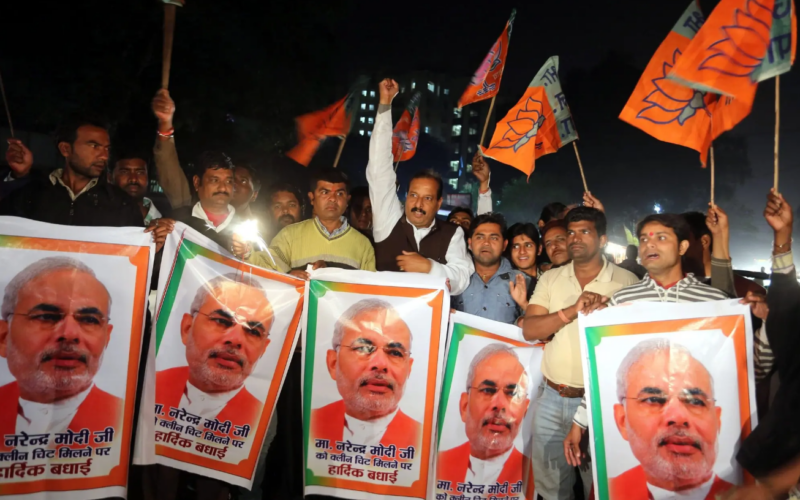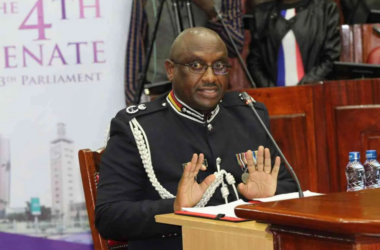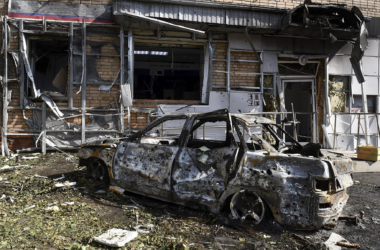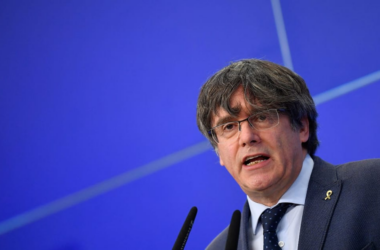In a historic move, a record number of opposition members in India, including those from the Indian National Congress, the largest opposition party, have been suspended from Parliament. The Congress alleges that its members faced suspension for pressing Prime Minister Narendra Modi’s government for a statement regarding a recent security breach in the Lok Sabha, the lower house of Parliament.
The controversy stems from the government’s refusal to engage in a debate on the security lapse. Home Minister Amit Shah, while addressing an event outside Parliament last week, assured strengthened security measures and pledged that an investigative report would be available within three weeks. The opposition, seeking accountability, faced further setbacks as an additional 49 lawmakers were suspended for demanding an explanation regarding the security breach.
Minister of Parliamentary Affairs Pralhad Joshi announced on Monday that a majority of the opposition members faced suspension for the remainder of the winter session, ending on Friday, citing “misconduct.” This included allegations of defying speakers and abusing house rules. The Congress Party criticized the suspensions, branding them as another autocratic move by the government. Congress party president Mallikarjun Kharge expressed concerns about an “opposition-less Parliament” where the Modi government could pass important laws without discussion, debate, or disagreement.
The sweeping suspensions mark a significant turning point in Indian parliamentary history, surpassing the suspension of 63 lawmakers in 1989 during a debate on a report related to the assassination of former Prime Minister Indira Gandhi. The move raises questions about the government’s approach to dissent and accountability, further intensifying political tensions in the country.
Amidst these developments, the INDIA bloc of opposition parties convened in New Delhi to strategize their response to Modi’s Bharatiya Janata Party (BJP) in the upcoming national elections next year. The suspension of a large number of opposition members adds complexity to an already charged political environment.
The suspension of opposition members amplifies concerns about the state of democracy in India, with critics arguing that stifling dissent undermines the essence of parliamentary democracy. The refusal to engage in a debate on crucial matters and the subsequent suspension of lawmakers paint a picture of a strained political environment.
As the unprecedented suspension of opposition members unfolds, India finds itself at a critical juncture where questions about democratic principles, accountability, and political dialogue come to the forefront. The fallout from these suspensions is likely to have lasting implications, shaping the dynamics of Indian politics and the upcoming national elections. The world watches closely as India navigates the delicate balance between governance and democratic ideals in this challenging period.








